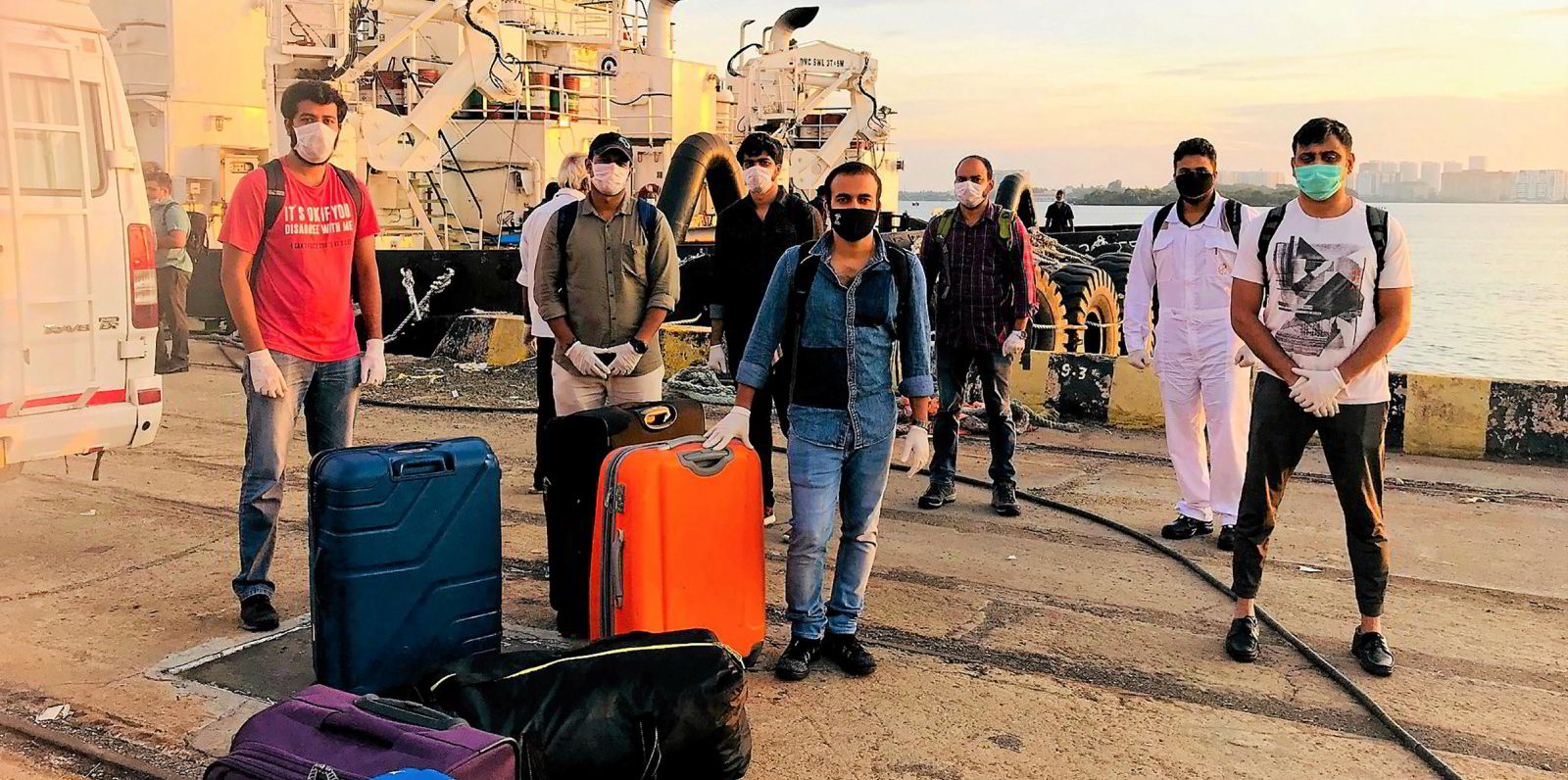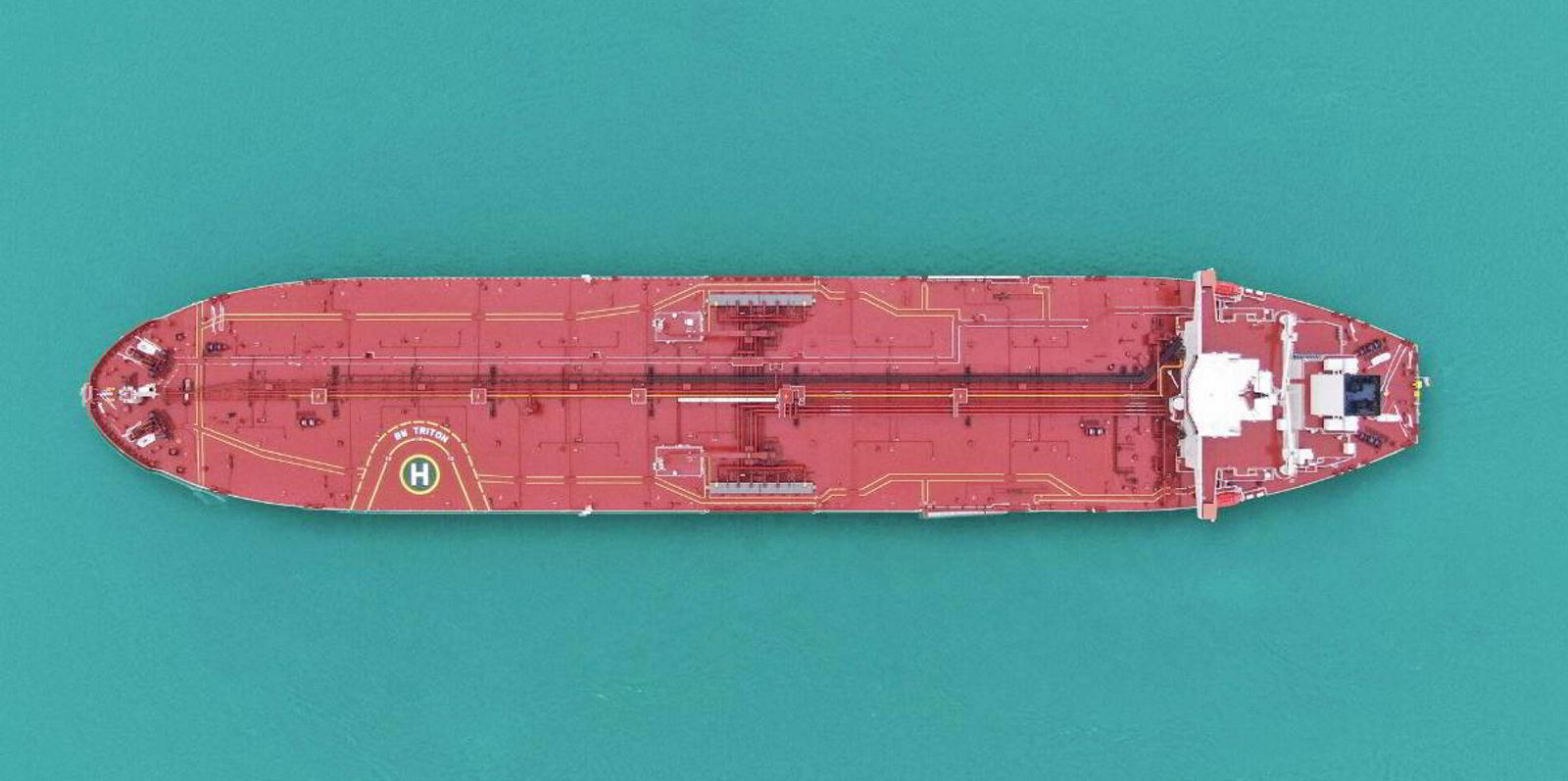The number of seafarers stranded at sea has increased by over 24% in the last month, according to figures compiled by the world’s top 10 ship managers.
Increasing infection rates in key crew source countries and stricter crew-change protocols in major crew-change hubs have been blamed for delayed and complicated crew changes.
The crew-change indicator, put together by the group behind the Neptune Declaration, showed that 7.4% of seafarers were on board vessels beyond the expiry of their contracts of employment versus 5.8% in mid-May.
However, the number of seafarers aboard vessels for over 11 months — the maximum period allowed under the Maritime Labour Convention — has decreased from 0.8% to 0.4%.
“Unfortunately, the increase in seafarers on-board vessels beyond the expiry of their contract is not unexpected,” Kasper Sogaard, head of research at Global Maritime Forum, the body behind the Neptune Declaration.
“The negative development is driven by the rise in Covid-19 cases in important seafaring nations, such as India, Pakistan, Sri Lanka, Bangladesh and the Philippines, and subsequently increased restrictions in major seafaring hubs.”
Sogaard added that information from ship managers also indicates that seafarers “continue to have limited vaccine access, which would be a critical step forward to resolve the issue”.
Ship managers said stricter crew-change protocols in major crew-change hubs have also delayed and complicated crew changes.
In addition, heightened travel restrictions are causing cancelled and delayed flights, making it difficult for seafarers to join crew-change hubs or return home.
Seafarers are also said to be postponing their leave due to high infection rates where they live or because a family member is suffering from Covid-19.
Ship managers Anglo- Eastern, Bernhard Schulte, Columbia Shipmanagement, Fleet Management, OSM, Synergy Marine, Thome, V.Group, Wallem and Wilhelmsen Ship Management, who contribute to the crew-change indicator, collectively have about 90,000 seafarers currently at sea.






